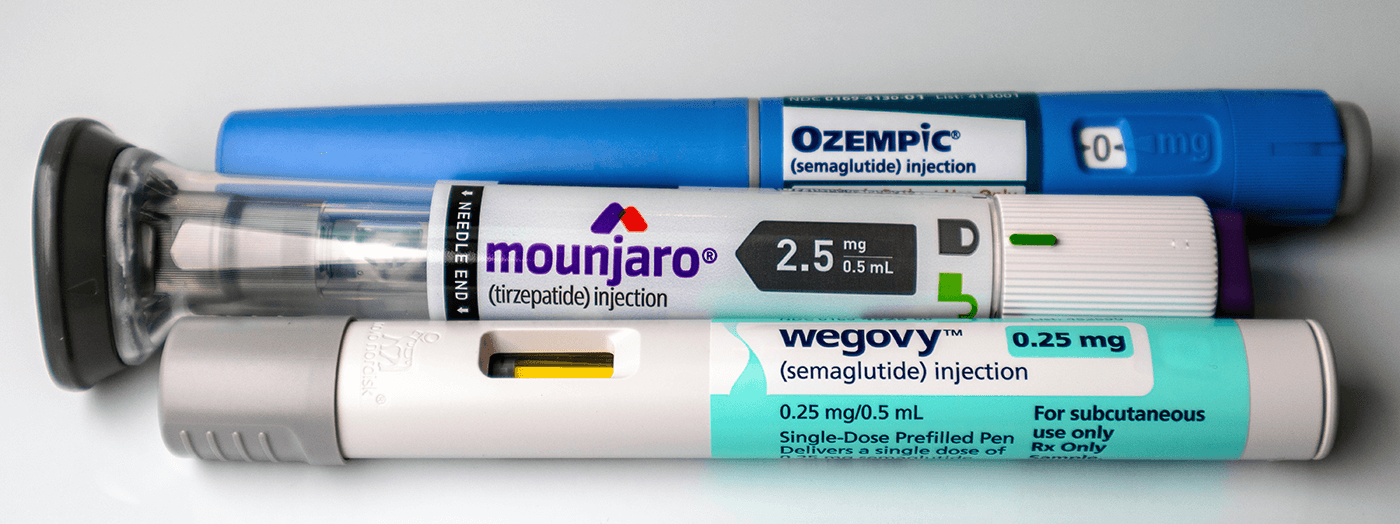Depression is one of the most widespread health problems among adults in Europe and the United States. For many depressed adults, the symptoms of depression are managed effectively with medication and therapy. In some cases of depression, however, there is a risk of developing more persistent depressive symptoms, often referred to as recurrent depression.
If you live with depression and find your symptoms seem to be worsening, or if your depression lessened and has now reappeared, it is important to seek services with a licensed mental health professional. In many cases, medications can be adjusted and combined with new and innovative approaches to therapy.
One of the newest types of therapy to come into the realm of treatment for recurrent depression involves a process known as mindfulness-based cognitive therapy, MBCT. As an eight-week therapy program, the concept and process behind MBCT involve an approach by which you are taught to disengage in negative and depressive thought processes. The core of the MBCT program involves accepting life as it is and acceptance of yourself as a human being with all the imperfections that are expected as a human.
When successful, mindfulness-based cognitive therapy, MBCT, can improve mental health to an extent that medications may be reduced, in consultation with your GP or Psychiatrist. While this should not be a focus of your mental health treatment, it is important to be mindful of this potential outcome.
While MBCT is not considered a first line of therapy, it has shown to be effective in patients who have continued in therapy and are now suffering from recurrent depressive symptoms. With more experienced and advanced patients, the eight-week session of MBCT works as a supplement to traditional therapy sessions.
With mental health disorders considered the most widespread illness among adults in Europe and the United States, there is a growing initiative among mental health specialists to find innovative ways to manage complex depressive symptoms.
In patients with recurrent depression, the treatment must be tailored to the patient’s needs. In addition to medication management, it is important to also consider innovative therapeutic approaches.
With the use of mindfulness-based cognitive therapy, MBCT, you may find there is such an improvement that many of your antidepressant medications may, eventually, be reduced.
The key to an optimal outcome lies in the early detection and treatment of recurrent depression and taking the initiative to seek mental health services as soon as possible. If traditional antidepressant medication and therapy are not satisfactorily effective, ask your therapist about the use of MBCT as a viable alternative.




